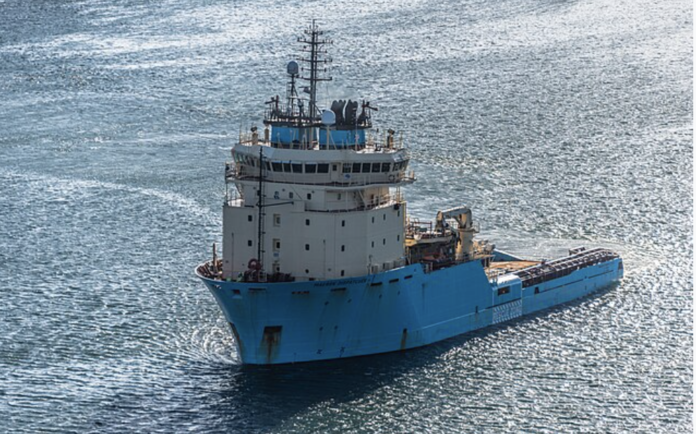The recent escalation in Houthi rebel attacks on merchant vessels in the Red Sea has triggered a notable shift in global shipping routes. Major shipping companies, including the Danish container-shipping giant Maersk, have been compelled to reroute their ships around South Africa’s Cape of Good Hope as a safety measure. This strategic decision, critical for ensuring the security of maritime assets, carries substantial consequences for the global supply chain, shipping costs, and the dynamics of international trade.
Maersk and other leading shipping companies’ choice to divert their vessels around the Cape of Good Hope is a direct response to heightened threats from the Houthi rebels. Incidents such as a narrowly avoided missile attack on a Maersk containership have elevated the risk in the Red Sea region to concerning levels. This has led to a 3,500-mile detour for vessels originally headed for the Red Sea, significantly altering their planned routes and operational logistics.
The rerouting of these ships is not merely a change in geography; it presents a complex logistical and economic challenge. This detour adds thousands of miles and several additional days to each journey, disrupting the carefully calibrated schedules crucial for global trade. The impact is exacerbated by heightened fuel costs and potential delays in goods delivery, creating stress on supply chains still recuperating from the disruptions of the COVID-19 pandemic. The added travel time reduces market capacity, intensifying existing strains.
The shift in shipping routes around South Africa is a pivotal change in the landscape of global trade. The Red Sea is a vital maritime corridor, especially for connecting Asia and Europe. Disruptions in this region have global repercussions, affecting not only shipping firms but also consumers and businesses dependent on the efficient transport of goods. eExperts predict escalated freight rates due to increased fuel expenses and limited supply, with potential cost implications for end consumers.
In response to these challenges, the international community, led by the United States, has initiated a multinational military effort, Operation Prosperity Guardian, to counter the rising Houthi militant attacks and ensure safe maritime navigation. Yet, until a reliable and safe transit method through the Red Sea and Gulf of Aden is established, alternative routing remains the preferred choice for shipping companies.
The rerouting of hundreds of ships around South Africa in response to Houthi rebel activities in the Red Sea represents a critical adjustment in maritime trade. This change extends beyond the mere increase in travel time and costs; it influences the global supply chain, international trade patterns, and geopolitical stability. As the global community continues to navigate these challenges, the situation in the Red Sea remains a pivotal concern for worldwide commerce and security.
Image is licensed under the Creative Commons Attribution-Share Alike 4.0 International license and was created by Gordon Leggett.









